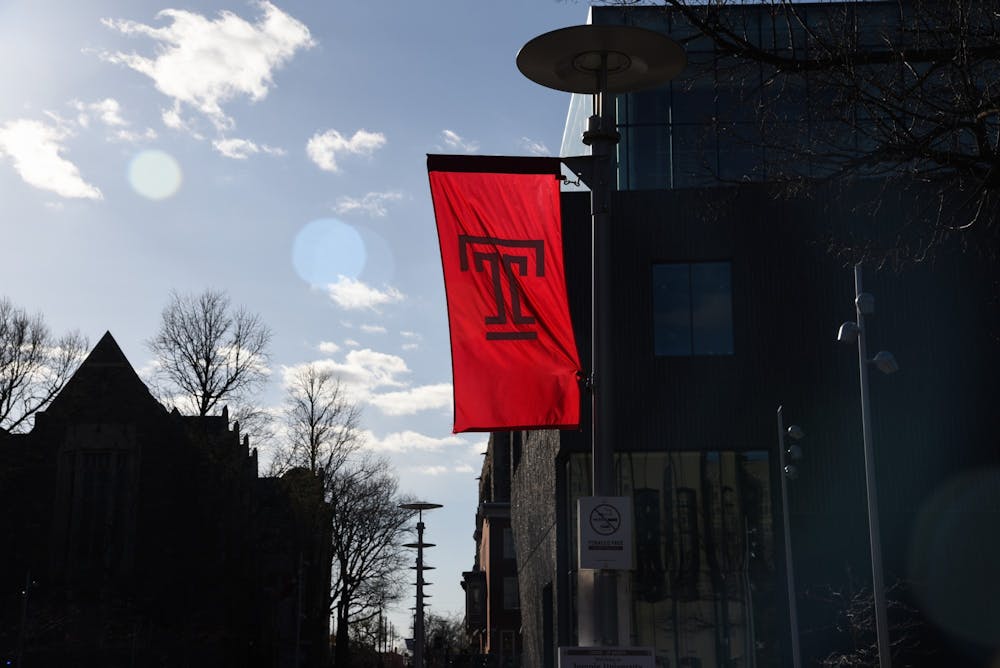
Penn community leaders have expressed support for the Temple University Graduate Students’ Association strike.
The TUGSA strike began on Jan. 31 and proceeds a year of bargaining with Temple University for increased pay, expanded leave and healthcare. Union members voted 352-30 last Tuesday to reject a tentative agreement that was reached earlier this month. The strike is now in its fifth week.
“We're striking because we deserve a living wage,” Raegan Davis, political science graduate student at Temple University and TUGSA member, told The Daily Pennsylvanian.
The strikers are seeking a base wage of $32,800. Currently, Temple graduate employees earn an average of $19,500 a year.
“They have a salary that is about half of what Penn Ph.D. students are making, despite us living in the exact same city dealing with similar financial realities as Temple students,” Robert Watson, Carey Law School third year and president of the Graduate and Professional Student Assembly, said.
Currently, Penn research students make a minimum of $30,547 a year, with an increase to $38,000 set for the 2023-2024 academic year. This raise, announced in December, is the largest one-time increase in Penn’s history.
TUGSA began contract negotiations with Temple administration in February 2022.
"We tried bargaining. We tried negotiating. We tried having non disruptive rallies, we tried petitions, we did everything we could outside of a strike," Davis said.
In November 2022, union members voted to authorize a strike for the first time since its founding in 1997.
“At least from my perspective, in my personal capacity, it seems like they were left with few other options but to go on strike and really take full utilization of their collective bargaining power,” Watson said.
In addition to a salary increase, TUGSA is demanding better working conditions and healthcare coverage for employees' dependents. Temple University responded to the strike by withdrawing free tuition from striking students and deactivating student healthcare accounts.
According to Davis, the university hired outside instructors to teach classes in place of graduate students during the strike. She also added that a strike FAQ on Temple University’s website, which referred international students to the university's immigration services, misrepresented the danger of visa issues for international students on strike.
“I think Temple’s actions are abhorrent,” Watson said. “I think that Temple’s actions are just directly union busting and also strike breaking. I think that it's deeply disappointing that Temple chose to go down this path instead of fairly negotiating with the union.”
The American Association of University Professors at the University of Pennsylvania has signed the Higher Ed Labor United Solidarity Statement with TUGSA and has expressed its support for the strike on social media.
“I'm really inspired by their way of coming together, the way they've educated their members,” David Kazanjian, professor of English and Communications Secretary of AAUP-Penn, said. “And the way they've educated us, you know, their neighbors and people in Philadelphia and the broader higher education in the world in the U.S. They've done a really good job of getting the information out.”
The Daily Pennsylvanian is an independent, student-run newspaper. Please consider making a donation to support the coverage that shapes the University. Your generosity ensures a future of strong journalism at Penn.
Donate




